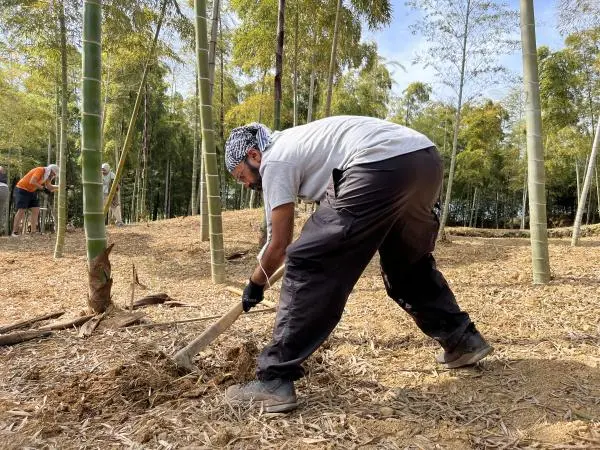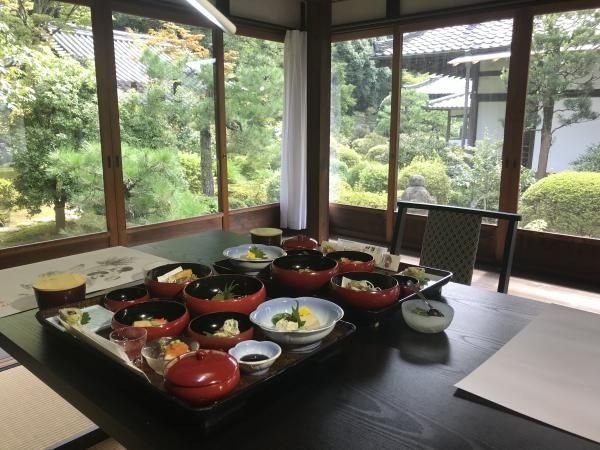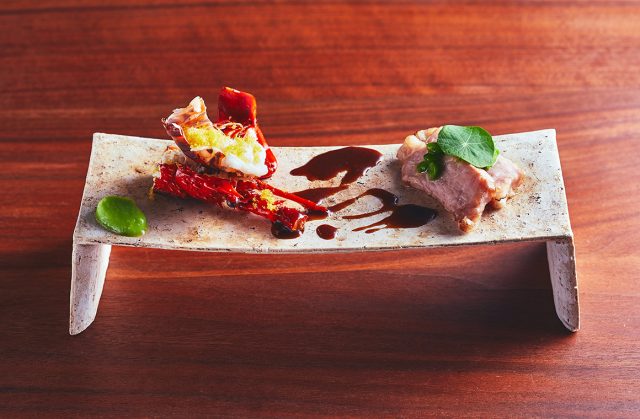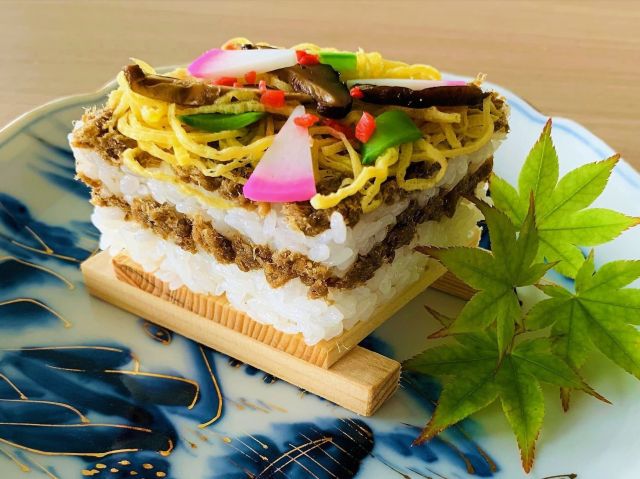 Search for Flights
Search for Flights
 Search for Hotels
Search for Hotels
 Check Exchange Rates
Check Exchange Rates
 Check the Weather
Check the Weather

Traditional Japanese bath (kama-buro) experience and kaiseki cuisine
Last update
People in Japan have long used steam baths to let themselves sweat and scrub off the grime. The history of one particular type of steam bath—the kama-buro—goes all the way back to the Jinshin War, when Prince Oama, who would later become Emperor Temmu, was struck by an arrow and fled to the village of Yase. The villagers built a mud hothouse and warmed it up. Prince Oama took a steam bath in there to help his wound heal. With temperatures inside kama-buro reaching as high as 55-60 degrees, kama-buro are like a humid, Japanese-style sauna. Inside, there are straw mats laid out, and as you enter with a ceramic pillow and lie quietly, your body slowly warms up and you naturally start to perspire. We recommend having a kama-buro steam bath before eating. After the bath, you can relax in a private room and leisurely enjoy a Kaiseki dinner.
Photos

Exterior view of a kama-buro bath

Interior view of a kama-buro bath

Entrance

Exterior view of the Heihachi Jyaya tea house

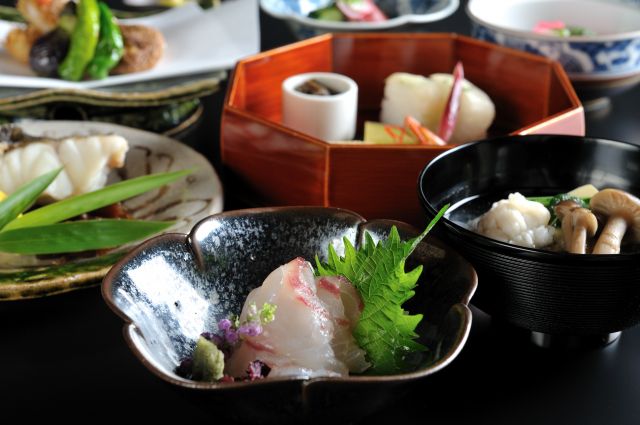
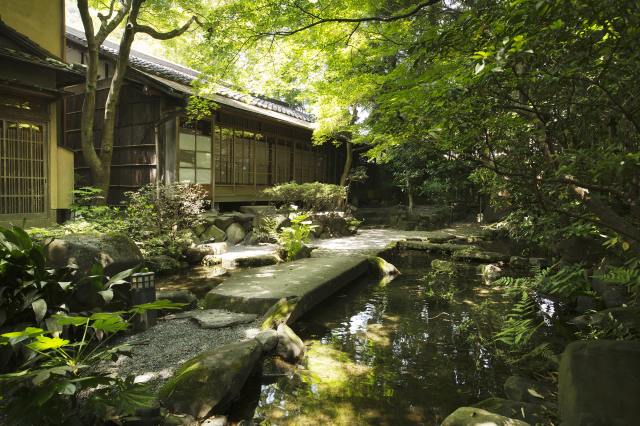
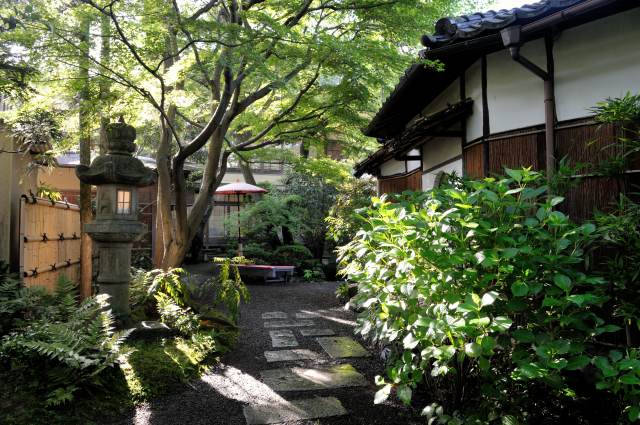
Information
- Minimum Number of Passengers
- 1 person
- Maximum Capacity
- 10 people
- Meeting and Exchange Areas
-
Own shop
8-1 Yamabanakawagishichō, Sakyo Ward, Kyoto - Open Period
- Closed on certain days
- Closed Period
- Wednesdays, Summer break (after the Obon festival), Winter break (December 25 to around January 7)
- Meeting Times and Business Hours
- Lunch 11:30 a.m. to 3:00 p.m. (last entry to the restaurant: 12:30 p.m.) Dinner 5:00 pm. to 9:30 p.m. (last entry 6:00 p.m.)
- Tour Schedule
- Before dinner > Kama-buro > dinner
- Required Time Around
- 3 hours
- Provision of Meals
- Meals are provided
- Open to meal requests
- We can accommodate allergies and vegetarian options
- Universal accessibility
- Not available
- Parking
- Free parking available for up to 10 vehicles
This basic information is current at the time of publication and is subject to change.
Please check the official website for the latest information.

